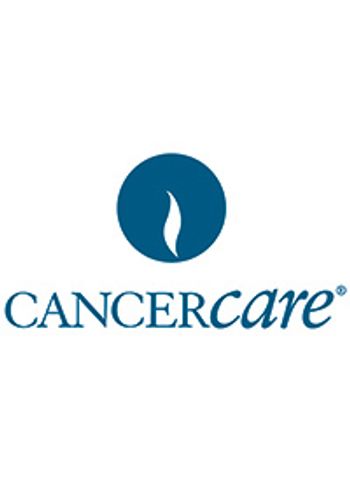
Patient education comes in many forms. Consider the podcast.

Though having well-fitting wigs and prostheses may seem like secondary concerns to some, providing these items—and a safe environment within which to learn about them—can go a long way in helping a patient feel supported and positive about their appearance while they are receiving treatment.

As oncology nurses, we are uniquely positioned to proactively address the disparity in breast cancer mortality in the United States.

Caregivers of people with cancer should get flu shots.

This is the second in a series of 3 articles about nurses as advocates.

Five tips for helping patients ready themselves for emergencies.

Men tend not to seek out help for psychosocial issues—notably less often than women do, but a recent survey of patients with prostate cancer showed that 97% felt there was a need to help patients recognize the symptoms of anxiety and depression and find treatment for them.

What can we, as oncology nurses, do to decrease young adult patients’ anxiety and improve their outcomes on their paths into the unknown?

I was particularly drawn to Robert Pearl, MD's comments on Senator John McCain's decision to discontinue therapy—he called it "a service to his family and loved ones."

Nurses can influence patients’ health status directly through hands-on care and indirectly by engaging patients in their treatment.

In family caregiving, no amount of previous experience or academic degree can prepare individuals for the role.

An oncology nurse is an observer in what is sometimes a life-and-death drama. But sometimes, we must step into the scene and help the patient get information about what might happen before the curtain falls.

If a nurse inadvertently connects an enteral device to another type of tube such as intravenous line or tracheal tube, it can cause the patient harm. Specialized connectors can prevent this from happening.

The 2nd Annual School of Nursing Oncology™, held in Chicago on August 3-4, offered educational opportunities in a fun and exciting setting for oncology nurses.

As a social worker, I have come to understand the different ways patients redefine hope, gratitude, and spirituality after being diagnosed with cancer.

What can we, as oncology nurses, offer to patients who face a recurrence?

There are things oncology nurses can do to reduce their risk of gastric ulcers, and potentially, gastric cancer.

The R25 Nursing Grant program challenges oncology nurses to rethink how to care for older patients with cancer.

What you grill—and how you grill—can potentially produce cancer-causing substances. Here are 3 tips nurses can share with others to reduce the risk of carcinogen formation and still enjoy grilled food.

Nurse leaders gathered to share innovative ideas to enhance the oncology nursing profession at this year’s Oncology Nursing Society Chapter Leadership Workshop, held in Pittsburgh from July 20-22.

Nurses can play a strong, supportive role in educating the public about how to respond to people who have been diagnosed with cancer.

More nurses are moving away from the stereotypical role as a bedside nurse and applying their skills to non-traditional roles.

Studies show that patients with cancer benefit from spending time with therapy dogs.

One health system in California is working on a solution to the problem of nurse suicide.

A recent Dutch study of patients with colon and rectal cancer who underwent surgery suggests that outcomes from emergency weekend surgeries may be worse compared with those who had surgery on weekdays.

The Childhood Cancer Survivorship, Treatment, Access, and Research Act (STAR Act), signed into law on June 5, 2018, addresses a critically under-researched and underfunded area of cancer.

An update on the progress of the Cancer Harbors survivorship program, filling a gap in patient care.

Leadership and mentorship give me purpose as a professional.

Suicide among nurses is not often talked about, since we are supposed to be everyone’s caregivers.